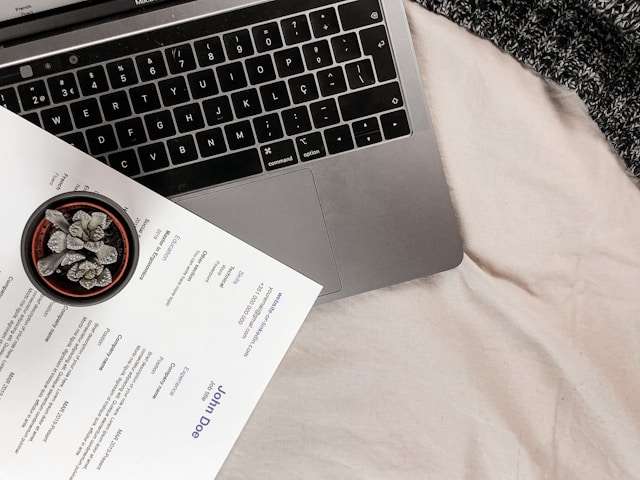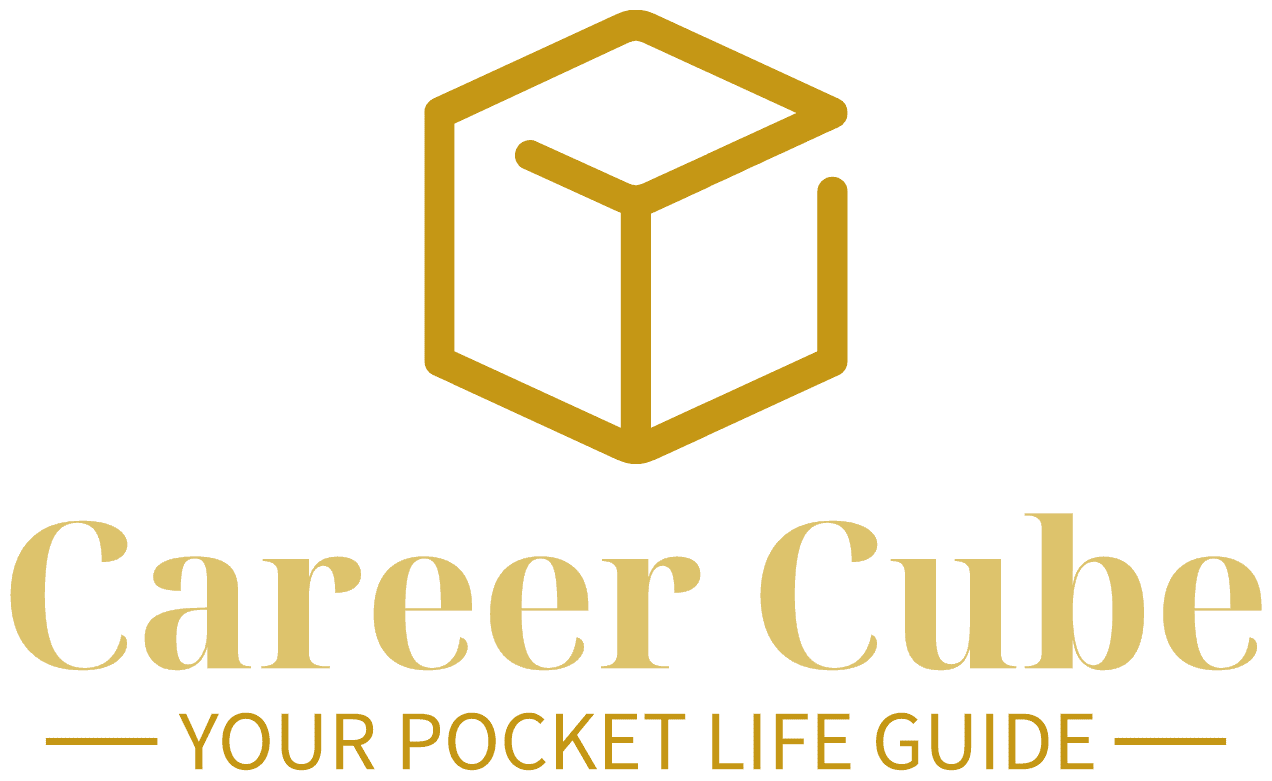LIMITED TIME OFFER $49.95. NOW ONLY $19.95/ mo
LIMITED TIME OFFER $49.95
NOW ONLY $19.95/ mo
Day(s)
:
Hour(s)
:
Minute(s)
:
Second(s)
Effective resumes today
That awkward thing. That document you need, but that’s often ignored by the receiver.
So, what can you do to be picked out from the stack?
Your resume is about what you’ve done and who you are. It’s different from your ‘CV’, which is what you factually have done. A resume is a way to present your CV so it tells your personal story. That’s what recruiters want to see.
But be aware that most recruiters will google your name to start with. So you need to do two things: put a strong resume together, and check how your online presence matches/ mismatches with what you’re saying about yourself.
An even bigger need to be honest.
In the old days it was possible to hide the bad things you were part of or contributed to. But today, much of what you do is somewhere captured online. And it could work for you. If some of your personality traits that are critical for the job come across strongly online, you’re on the right track.
But also watch out for any big negatives. Yes, you can go back to the source to get negative posts about you removed. But it is more important that you are ready to explain why. Why did you do what you did, said what you said. And how did you learn from your mistakes. Removed posts might not have removed the event you were part of.

Check your online presence.
Start with browsing your social media. Check public posts on such things as use of language, grammar, insensitive or even offensive comments for people. Watch it to remain balanced. Generally it would be fine to leave pictures on where you are partying. But if that’s about half of your posts, you may reconsider. And it depends what job you are applying for. If you are pursuing a legal or law enforcement career, the party pics would not help. But if you are applying for a creative design role, some of them would help to show your expressive nature.
Then just search your name. Filter the name sakes by adding some unique words that relate to you. This could for instance be city, school, employer. Check what’s being published about you. If there is anything online that is rather negative about you, try to contact the source and discuss if they would be willing to remove it.
Should I change my online presence ?
You might. Best is to list the adjectives that best describe yourself. When you have done that you can check how good or bad your online presence is in line with that. Here’s a great site to help you pick the right adjectives.
So, check how the adjectives you picked are mentioned or represented on social media and other places where you can be found. Scrub the posts that contradict these adjectives.
There are dedicated sites or apps that help you to remove the wrong things about you on line, like Optery.
Complete your online profiles.
Check your personal profiles on social media and add some of the adjectives you picked as necessary. And when you are on to it anyway, doublecheck if your accomplishments and activities online are sufficiently recent.
For most jobs employers would want to see you on Linkedin. If you don’t have a Linkedin profile yet, consider to create one. Check this Linkedin post how to create or update your profile best.
Be (more) active online.
If you know what you are good at, make sure you share it online. Share your view on things, write a blog, send a tweet. It is kind of hard to ‘fix’ this for an application today, but it is something to start working on. It is a great way to start showing potential employers what your talents are. Think of it as a portfolio that an artist would bring to an interview. Your blog, or tweet on a topic you feel strong about, is just like that. Doing this well would get the recruiter to already know you before you’ve even met.

An effective resume.
Now you are ready to write an effective resume.
Effective resumes are the ones that jump out, based on a combination of lay out and content.
The right content.
Let’s start with the content part. A few pieces of advice to start with.
Keep the resume short and strong. Recruiters typically only spend seconds on a resume to get a first impression. Keep it to a maximum of 2 pages, at a 11 or 12 point font like Arial or New Roman.
Watch your language.
Avoid overused words like ‘team player’, ‘ambitious’, ‘results driven’, ‘hard working’. Check this list at Indeed.com for more words to avoid, as well as words to include.
But what’s as important is to use action or power words. Things that indicate you accomplished something that stands out. And you played a key role.
Make it specific, use numbers. Avoid generic statements about what you did or accomplished.
Here is a great blog on how to find the right tone: ‘The Three Best Resume’s I’ve Ever Seen’.
What structure to follow.
Your resume best covers this structure of ‘content blocks’.
- A headline
- A summary
- Your (work) experience
- Your education
- Your personal and technical skills
➡️ Headline:
Captivate the reader with a one liner. This could also be a few words with periods. Touch your key competencies, relevant for the job you are applying for. Check these examples for inspiration.
➡️ Summary:
Remember that most hiring managers only browse resume’s. Your summary could grab their attention and make them read more.
Start with picking the key words for the job vacancy. Then take your experience and competencies to show the match. Don’t be modest, think about a way to sell yourself (for this job!) in a nutshell. Use short sentences. Make sure it is clear and comes across as credible.
➡️ Your (work) experience:
The way to make a real difference here is mainly to make sure you do two things:
- Provide a brief job description of the job(s) you have done: what were the main responsibilities, how did it fit in the larger organization, and
- What did you do in the role, in the team you were part of or managed. Describe the deliverables (and use numbers or specifics as much as you can), and describe the way you got there.
If you have little or no work experience yet, refer to other activities you have been part of. What clubs have you been a member of, what events or projects did you manage. Same thing here: what did you do, and what did you accomplish.
➡️ Your education:
Mention degrees, certificates and courses you attended. If you can make it relevant for the job, you may add here why you choose a certain education and why you enjoyed it. Include awards you received. This will become less relevant the further you are in your career.
➡️ Your personal and technical skills:
Start with a short summary of your ‘technical’ skills. These are the skills you have learned, either through education or experience, which are relevant for the job you are applying to. This is knowledge and skills, things you are cable of doing.

Personal and technical skills are also referred to as ‘soft’ and ‘hard’ skills. Find a useful summary here.
Close with your personal skills. It is summarizing who you are, and it could work as a powerful round up of your resume. You could directly or indirectly repeat why you and the job are a strong match.
The right format
Set your margins no less than .5 inches all around and keep the page setup at Letter size. Use a 11 or 12 point font like Arial or New Roman. You may deviate from this for artistic or creative jobs. But otherwise, keep things easy to read and print.
Check this overview at Novoresume.com to of how the formats of a chronological, functional or combined resume best work, dependent on the job you are applying for.
Check it against your online profiles.
And when you are finished, now check how well your resume matches your online profiles at sites like Linkedin, and even Facebook. Change either to bring them in line.
References and resources
A selection of online tools to take a look at are:
Resume.io. “Custom-tailor resumes for any job within minutes”.
Career.io. “Use tested and proven professional resume templates that match what employers look for”
You may also want to check the blog “The 15 Best Apps to Create a Brilliant CV/Résumé” at CareerAddict.com
We liked this Monster.com blog a lot for reference. ‘How to write a resume‘.
And check Resumelab’s ‘How to Build a Resume (Resume Writing Guide 101)‘
And this Indeed.com one with several resume- advices related to different organizations you might apply. ‘Resumes & Cover Letters‘.
Read ResumeCompanion’s ‘How to Write a Cover Letter‘.

Career Cube.io
“Everyone deserves success. How this translates is personal: wealth, impact, independence.
Career Cube aims to unlock your personal talents to get you there. We’ve seen and done it. And offer our learnings to you, backed up by extensive research.”
Quick Links
Log in
Classes
Quiz
Blog
About
Contact
Your content goes here. Edit or remove this text inline or in the module Content settings. You can also style every aspect of this content in the module Design settings and even apply custom CSS to this text in the module Advanced settings.
Your content goes here. Edit or remove this text inline or in the module Content settings. You can also style every aspect of this content in the module Design settings and even apply custom CSS to this text in the module Advanced settings.
